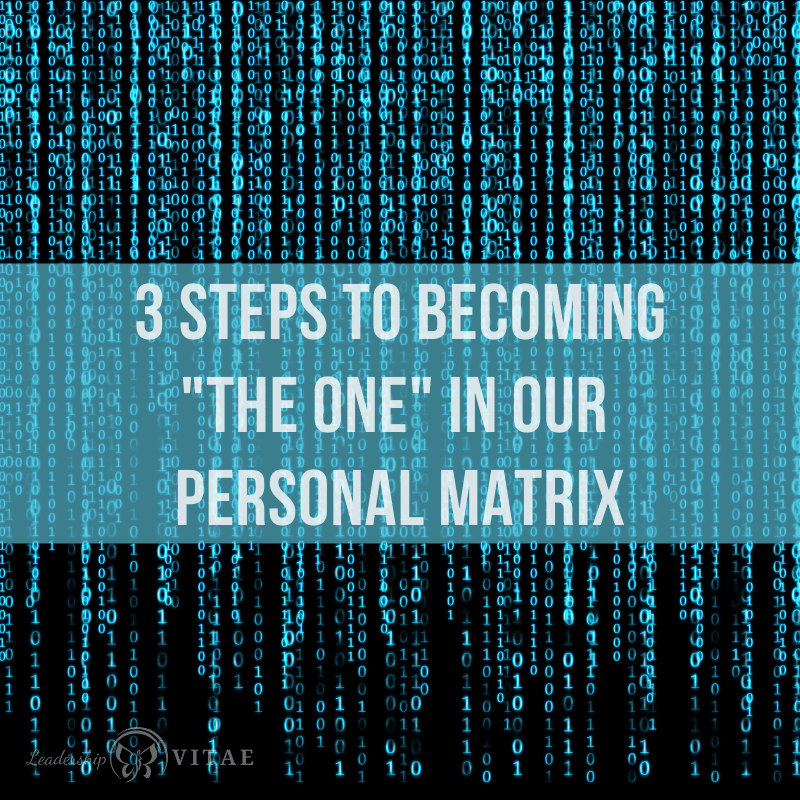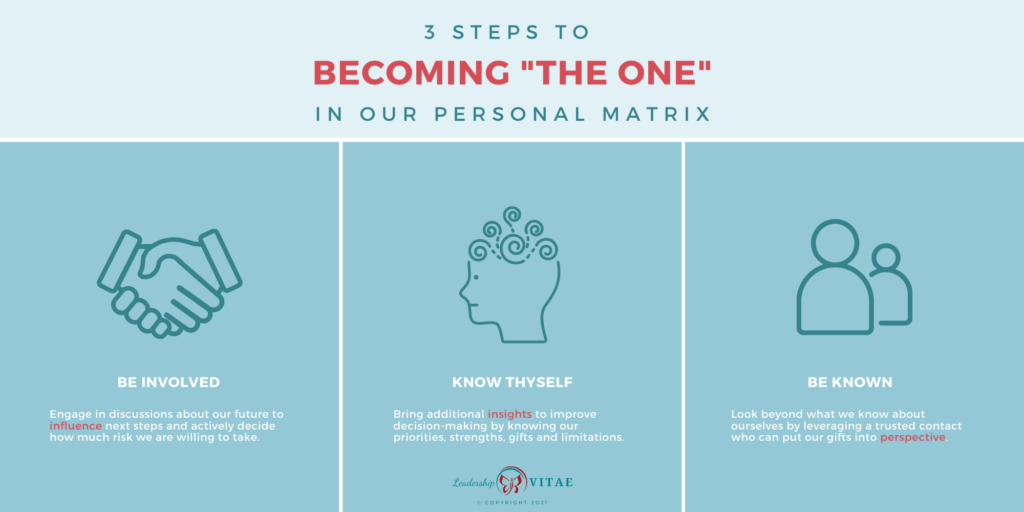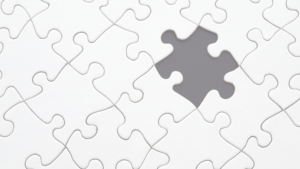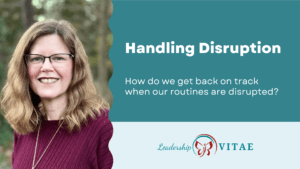
Like any other movie I’ve seen a lot of times, it seems like as I grow and learn, I see the movies in a different light. The movie hasn’t changed…I have. The Matrix is no different.
Not long ago, I was on Twitter and saw a quote from a professor. Rather than assume the professor was the originator, I started doing research and going down the rabbit hole.
The quote was “No decisions about me without me.” It was about healthcare and the need to ensure that patients are involved in decisions about their care. Outcomes were improved when patients were engaged, relative to when they were not.
What does this have to do with The Matrix? I had that quote in the back of my mind when re-watching the first scene with the Oracle. The sign above her kitchen door says Temet Nosce or “Know Thyself.”
Being involved in decisions that affect us is ideal. We also need to know ourselves. Otherwise, how good could those decisions be? Yet, we often don’t have the entire picture. That’s where a critical third element comes into play.

1. Be involved
Throughout The Matrix, Neo is involved in decisions about his future. Whether it’s deciding to take the red pill, visit the Oracle, or go back into the matrix to rescue Morpheus, Neo is not simply a bystander.
From the beginning, Morpheus gives Neo the choice to “go down the rabbit hole” and learn more about the matrix or remain in ignorance. Neo decides to take the red pill and begin his journey.
When we are engaged in decisions about our future, we can decide how far we are willing to go. We are more willing to take risks and push ourselves past our comfort zone.
When others make decisions for us, as Cypher felt Morpheus was doing for him, we can become resistant and resentful. Even if the path is intended to be for our benefit or in our best interests, that can be difficult to see when we haven’t had a say. When we haven’t been consulted.
2. Know thyself
It’s nearly impossible to make informed decisions in our best interests if we aren’t clear on what those are.
Knowing ourselves – our priorities, strengths, limitations, and gifts – allows us to bring insight to decision-making about our future. When we are engaged in decisions that affect us, we can guide the discussion based on what we (think we) know.
It pays to be prepared for that engagement. When Trinity challenged Neo to remain when he considered walking away before meeting Morpheus, she reminded him “you know what’s down that road Neo.”
He was able to recall the life he had lived to this point. What was important to him and why he was pursuing the matrix to begin with. He was able to reflect back on what he knew about himself to follow through on meeting Morpheus and eventually take the red pill.
There are limitations on our knowing, however. When the Oracle met with Neo, she gave him space to share what he knew about himself. He “knew” he wasn’t the one. But that wasn’t the case, was it?
3. Be known
None of us is fully aware of our potential. Like the matrix, we are limited to what we can see and experience, as if we were living in another reality.
Often, it takes someone outside our reality to help us better know what we are capable of. The Oracle told Neo what he needed to hear. He wasn’t ready to hear he was “the one.”
Instead, she let him continue to believe what he thought he knew, and gave him space to discover his true potential. In presenting the choice he would have to make between his life and Morpheus’, he leaned into his potential and came to believe he was the one.
Being known is not enough. Morpheus, Trinity, and the Oracle believed in Neo before he did. Having someone else believe in our potential, beyond what we think we know about ourselves, is often needed to free our minds to our possibilities.
When presented with a challenge exceeding what we think we can achieve, it forces us out of our comfort zone and into growth. Otherwise, we might have a fixed mindset. “Knowing” ourselves can be both a blessing and a curse. It can both free our minds, and keep it stuck.
Become the one
If we want to become the one in our own matrix, we can follow a similar path to Neo.
- Get engaged in decisions that affect us. Whether that’s our career, health, personal lives, education…we are not bystanders. We can advocate to have a voice in all decisions that affect us.
- Know ourselves. Spend time understanding our priorities, strengths, opportunities, deal breakers, etc. Depending on the decision being made, consider relevant aspects of ourselves that need to be known to effectively influence the outcome.
- Be known. Engage others that know more about our target role, path, or future goals. To help us see what we are capable of beyond this moment. Who see us in the broader context of an organization, industry, or career.
Personally, I remember my first leadership opportunity many years ago. My leader engaged me in deciding about a new role, which was a huge leap in responsibility.
I thought I knew what I was capable of each time he pushed me to do more. He was there to remind me of how I had consistently exceeded expectations, even when I thought it was more than my current experience could manage.
I was engaged, knew myself, and was also known in a broader context than I could see for myself. Similar to Neo, that mix was the formula for me to become “the one” in my personal matrix.
When have you realized potential beyond what you thought you were capable of? What would you add to this approach? Please share your thoughts in the comments.








